Love Music? Then Join An Adult Music Performing Group!
Joining An Adult Music Performing Group – The Many Opportunities Open To You

If you are an adult who wants to sing or play an instrument with other adults — here are some tips on finding and joining an Adult Music Performing Group near you.
First, a couple of important considerations:
1. Level of Musicianship
Most community groups welcome musicians at multiple skill levels. That said, the ability to play or sing at a high school level is required for most established community groups.
There are adult groups for beginners, but that is a separate category and not part of this discussion.
2. Amateur Status
If you play or sing professionally, you would almost certainly be welcomed into just about any community or church group around. Chances are, however that you would not be paid for your services. Community and volunteer church groups exist because people give of their talent freely — for, as Leonard Bernstein said, “the joy of music.”

Finding Community Groups to Join
A number of ways exist to find out about music groups in your community:
1. Look for concert or performance announcements in your local newspaper’s “Arts” section. Attend a concert or two and judge for yourself if the group plays or sings at a level with which you feel comfortable.
2. Contact your local Parks & Recreation Department to see if your city sponsors any music performing groups. Even if they don’t, someone there might know who the contact would be for groups in your community.
3. Check with the local high school or college music department. Music teachers and professors are usually tuned in to what is going on in their town and will be happy to help you find a musical home.
4. If your town has a music store (or two) check there. One place all musicians eventually end up is the local music store. Sales people in music stores will know about — and probably participate in any number of local community music ensembles.
5. Finally, conduct a Google search for the type of ensemble you are interested in coupled with the name of your state, town, or region.

Church Music Groups
Church music groups are a little different. Even if you attend a church regularly, you may not know the ins and outs of specific music groups in your congregation.
If you are “church shopping” for a congregation that includes music performance opportunities, obviously you will have no idea what is available.
The best way to find out what church music groups welcome amateurs is to speak to the minister of music (or whoever heads up music in that congregation). You can speak to the head minister — although he or she will likely send you to the minister of music.
In addition to a traditional choir, many churches today include a wide variety of music service opportunities. These include praise team or worship band, small ensembles, and even orchestra or concert band. Each will have its particular membership guidelines.
The position of organist or pianist for most churches is a paid and demanding (time-wise) position.

State Level Information
Many state music education organizations provide information about adult community music groups. Check out the Wisconsin Music Educators Association for an example of a state music teacher’s group that provides information about community music.
To find out if your state provides such a service, conduct a Google search of [your state] Music Educators [or Education] Association.
Community Music Email List
One website deserves special mention. That is the Community Music Email List. It’s been around since 1955 and acts as a portal for all manner of volunteer community bands and orchestras. The site is self-explanatory and is a great place to look for information by group name, type, and locale.
ChoralNet Community Choirs
The choir equivalent of the Community Music Email List is run by the American Choral Directors Association. It consists of an area of the website dedicated to community choral groups.
Groups are only listed alphabetically, however if you use the search function at the top of the page you can narrow your choices by city or geographic area.

Don’t Be Shy
Once you have identified one or two groups in which you are interested, attend a concert, as suggested above and if all looks good — dive in. Music is meant to be shared and there is no better way to share it than in a group.
_______________________________________________________________________________________


